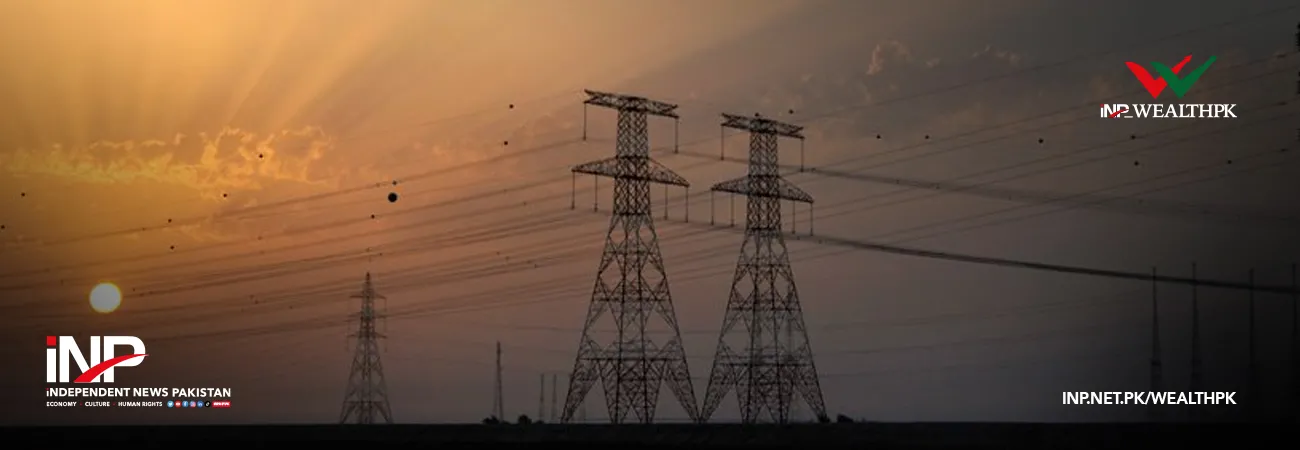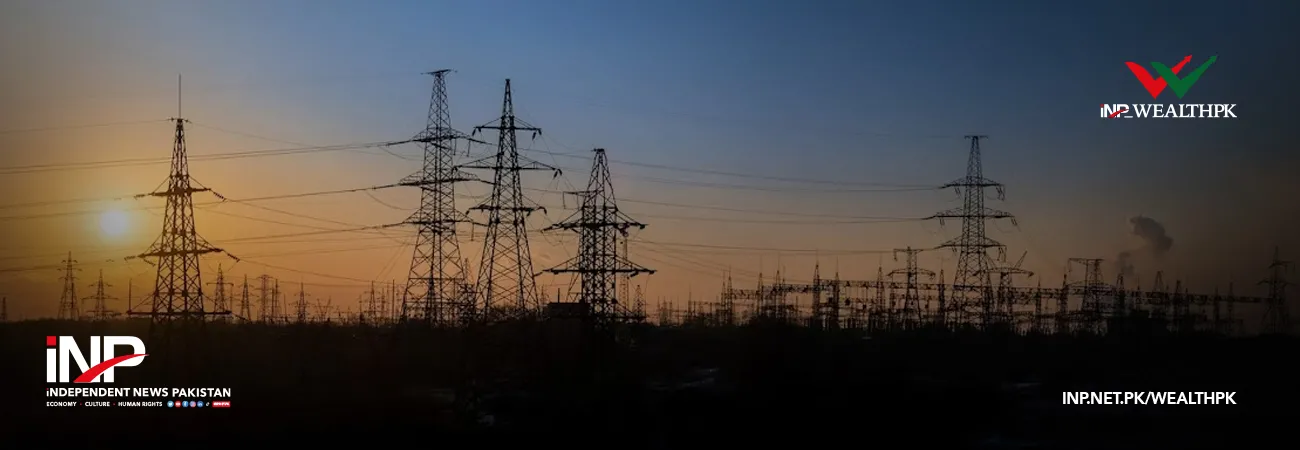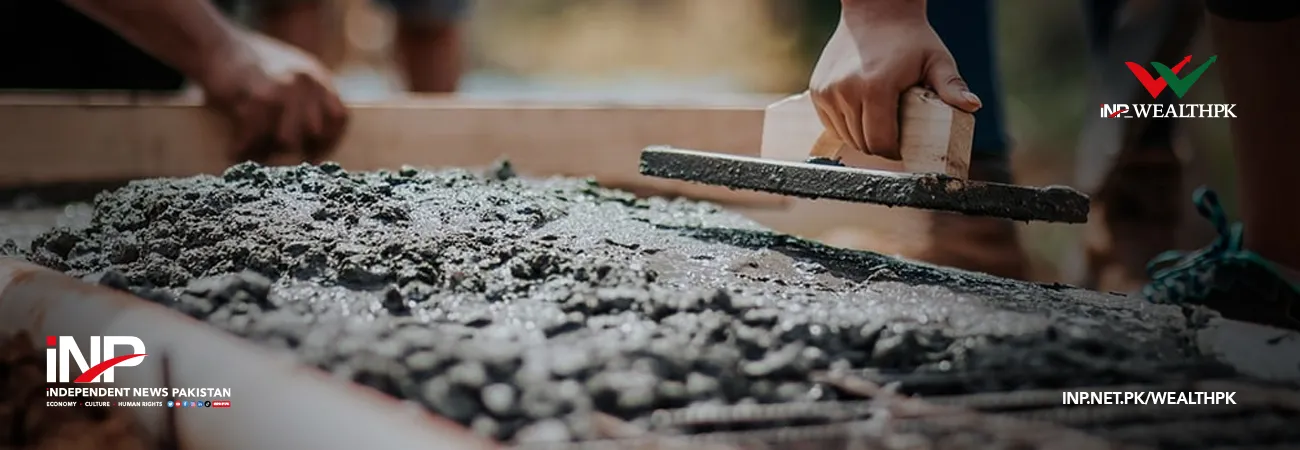INP-WealthPk
Ahmed Khan Malik
The industrialists in Sindh have expressed deep concern about the federal government’s delay in resolving the Independent Power Producers (IPPs) issue, warning that such indecisiveness will lead to severe economic consequences.
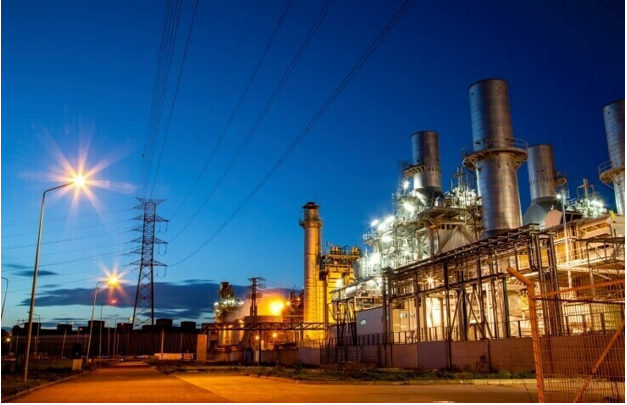
The industrial sector is already struggling with high electricity costs, currently averaging 13.5 cents per kWh. This excessive burden is reducing export competitiveness, discouraging investment, and hindering industrial growth. Faraz-ur-Rehman, former chairman of Korangi Association of Trade and Industry (KATI), emphasised that business leaders had been tirelessly advocating for energy sector reforms and relief for industries.
“However, if the government fails to take timely action, all these efforts will be wasted, pushing businesses into further distress.”
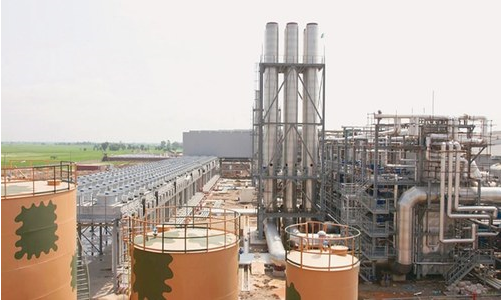
He said that a recent report by the International Energy Agency (IEA) highlights that global electricity demand is expected to rise by nearly 4% annually through 2027, with China and India leading at 6-7% per year. The increasing share of electricity in China (28%), the US (22%), and the EU (21%) demonstrates the shift toward industrial electrification worldwide.
Yet, Pakistan’s costly power contracts and inefficiencies continue to stifle progress. Rehman urged the federal government to act immediately by renegotiating IPP agreements, reducing excessive capacity charges, and ensuring affordable electricity for industries. He warned that further delays would only deepen the crisis, resulting in industrial closures, job losses, and a weakened economy.
Nadeem Tabani, Secretary of Nooriabad Industrial Association, said that industrialists were worried about the prolonged delay in addressing the capacity charges imposed by IPPs. "This issue has escalated production costs, hindering both existing operations and the establishment of new industries within the province,” he said. Tabani highlighted that exorbitant electricity tariffs have become a primary concern for industrialists, rendering business operations financially unviable.
He emphasised that without immediate intervention, the industrial landscape of Sindh faces significant challenges in maintaining competitiveness and growth. Beyond the IPP capacity charges, he said that soaring prices of industrial plots in Karachi's established industrial areas deter genuine industrialists from investing. He proposed making these plots available at more reasonable rates to encourage industrial expansion.
Tabani also called for the inclusion of representatives from various Sindh chambers in the Sindh Industrial Board to ensure a more inclusive and effective industrial policy. He called for the completion of primary infrastructure in industrial and economic zones across Sindh as it is a critical factor in attracting both national and international investors.
He said the delay in addressing these multifaceted challenges not only hampers the current industrial output but also threatens future investments in the region. "Collaborative efforts between the government and industrial stakeholders are imperative to create a conducive environment for industrial growth and economic stability in Sindh,” he underscored.
Credit: INP-WealthPk



